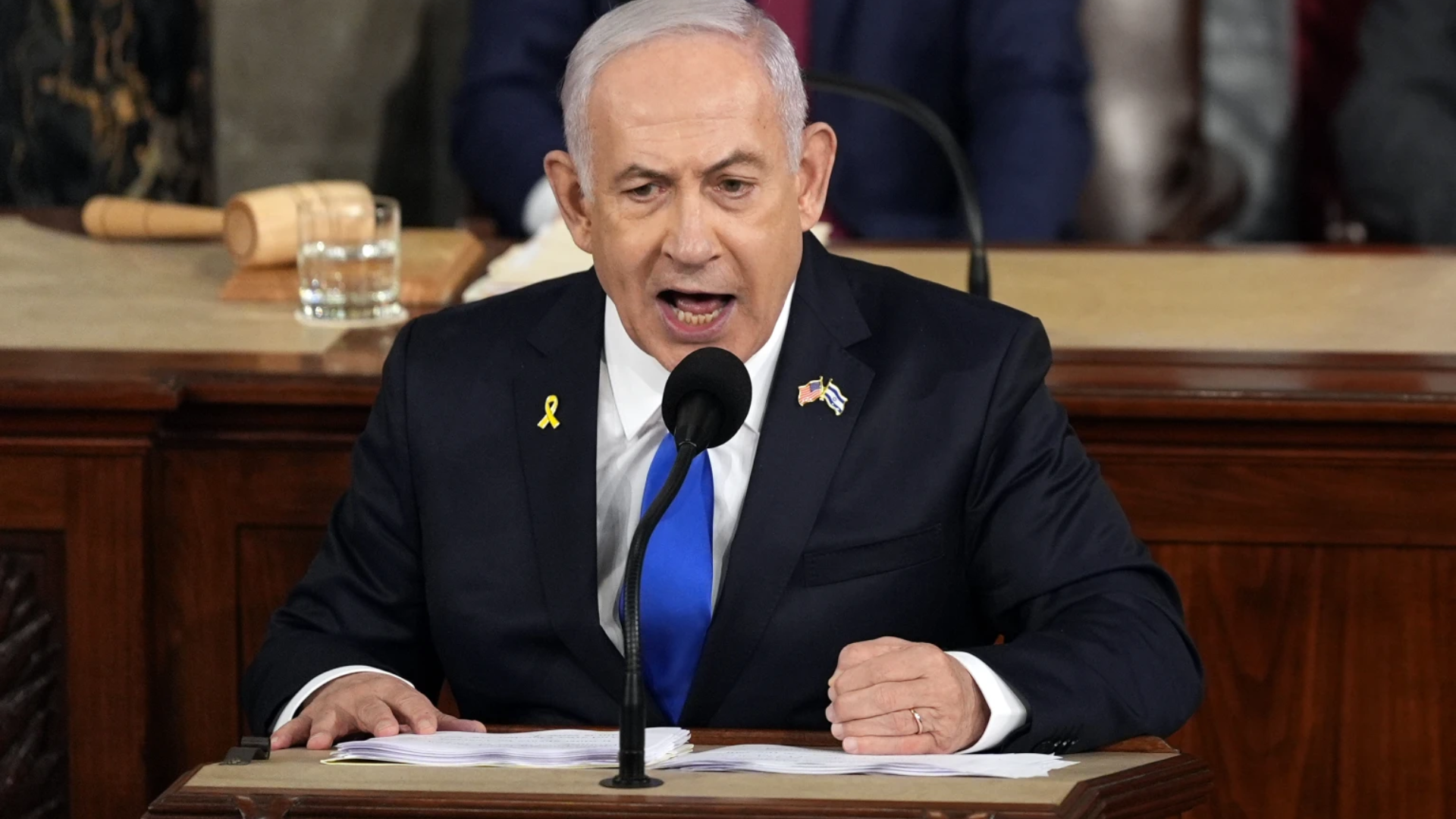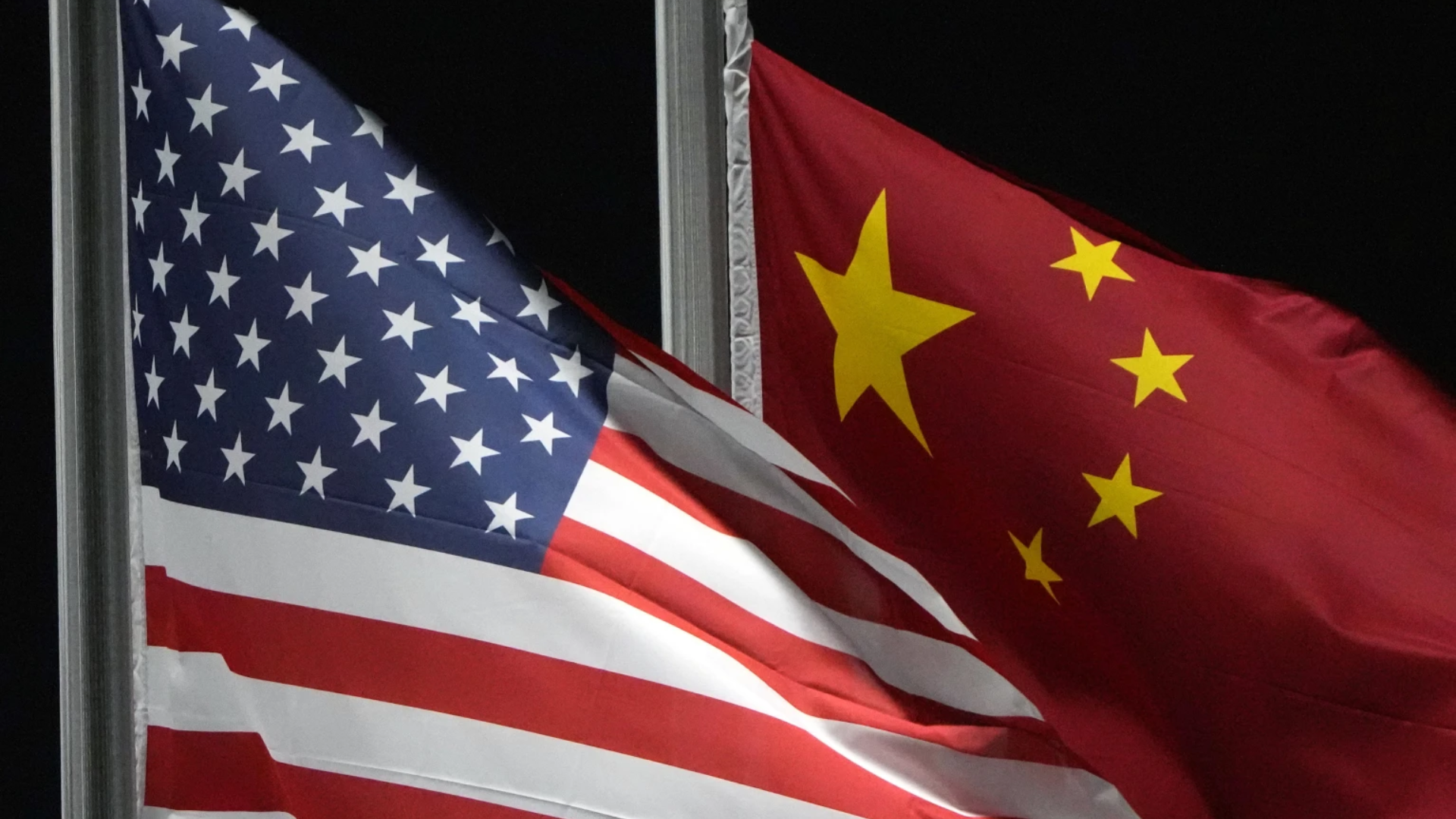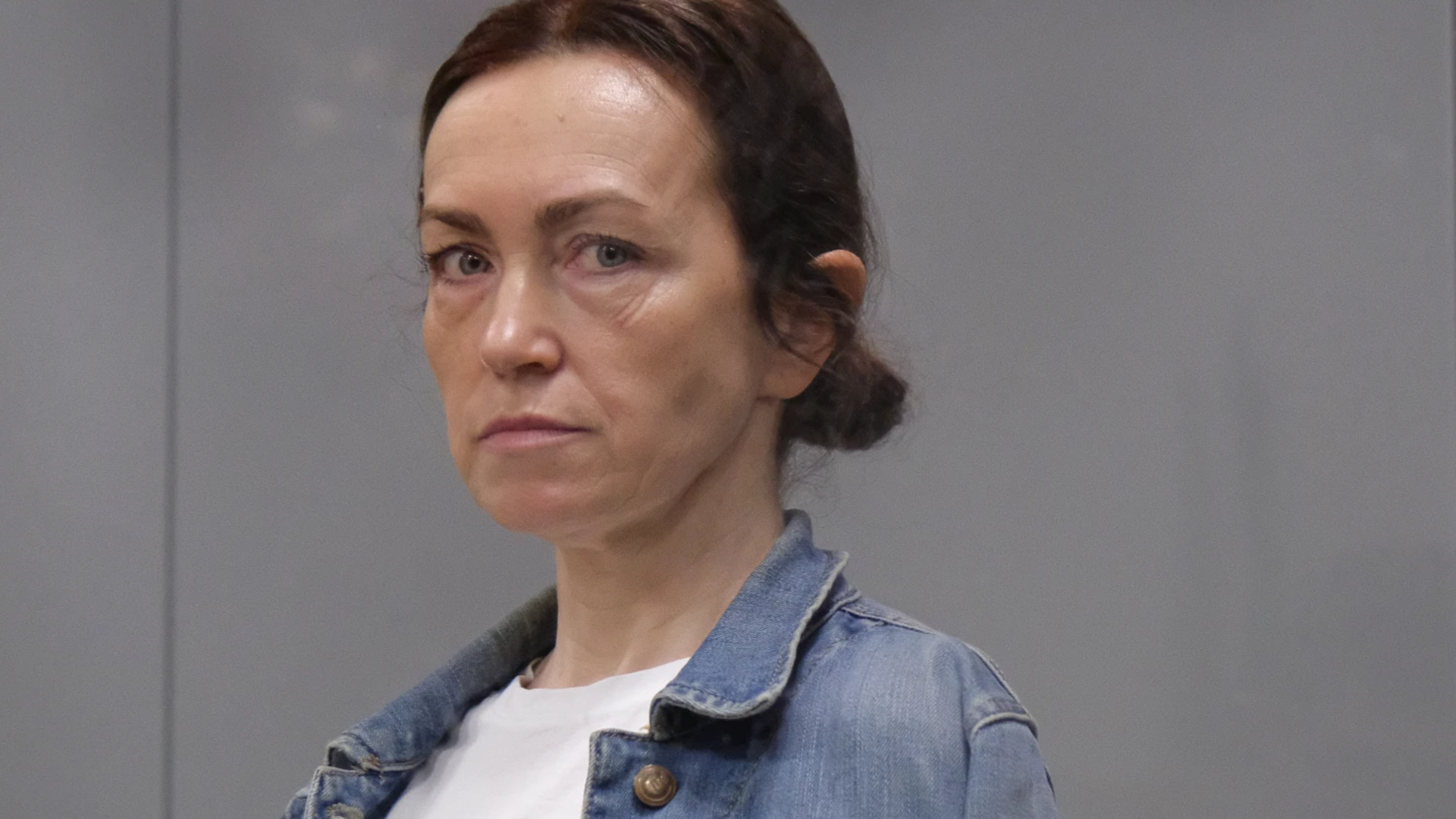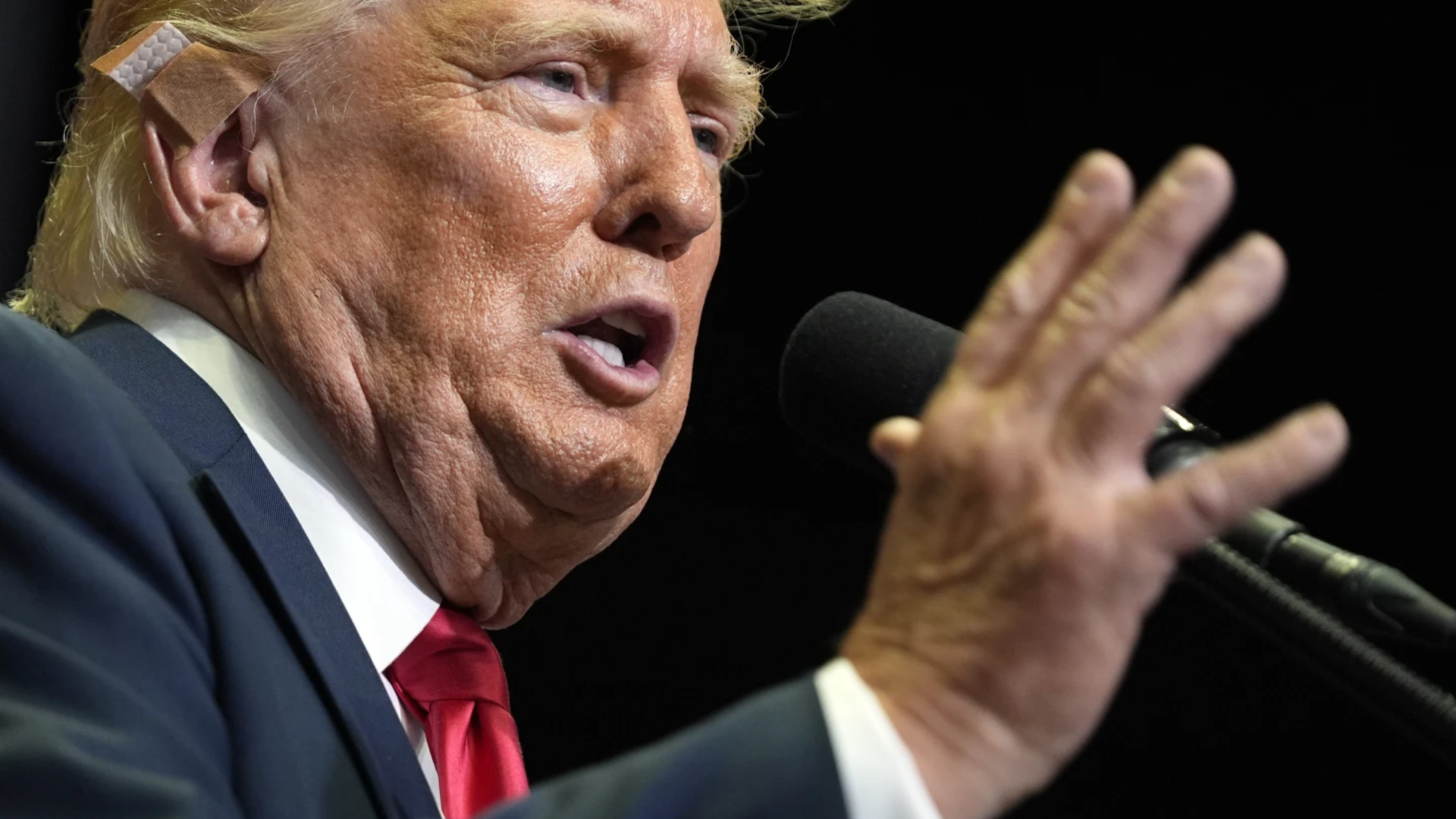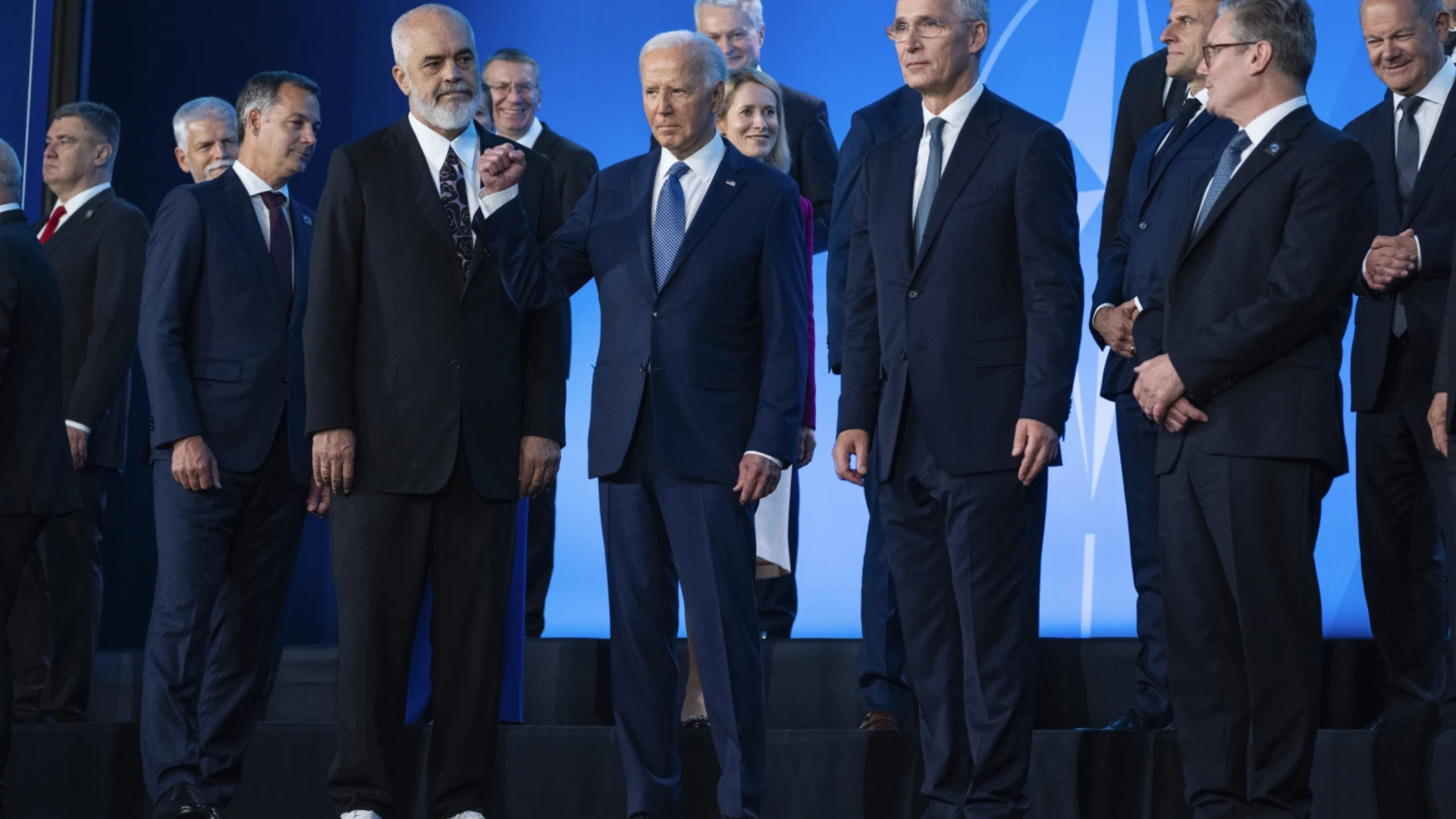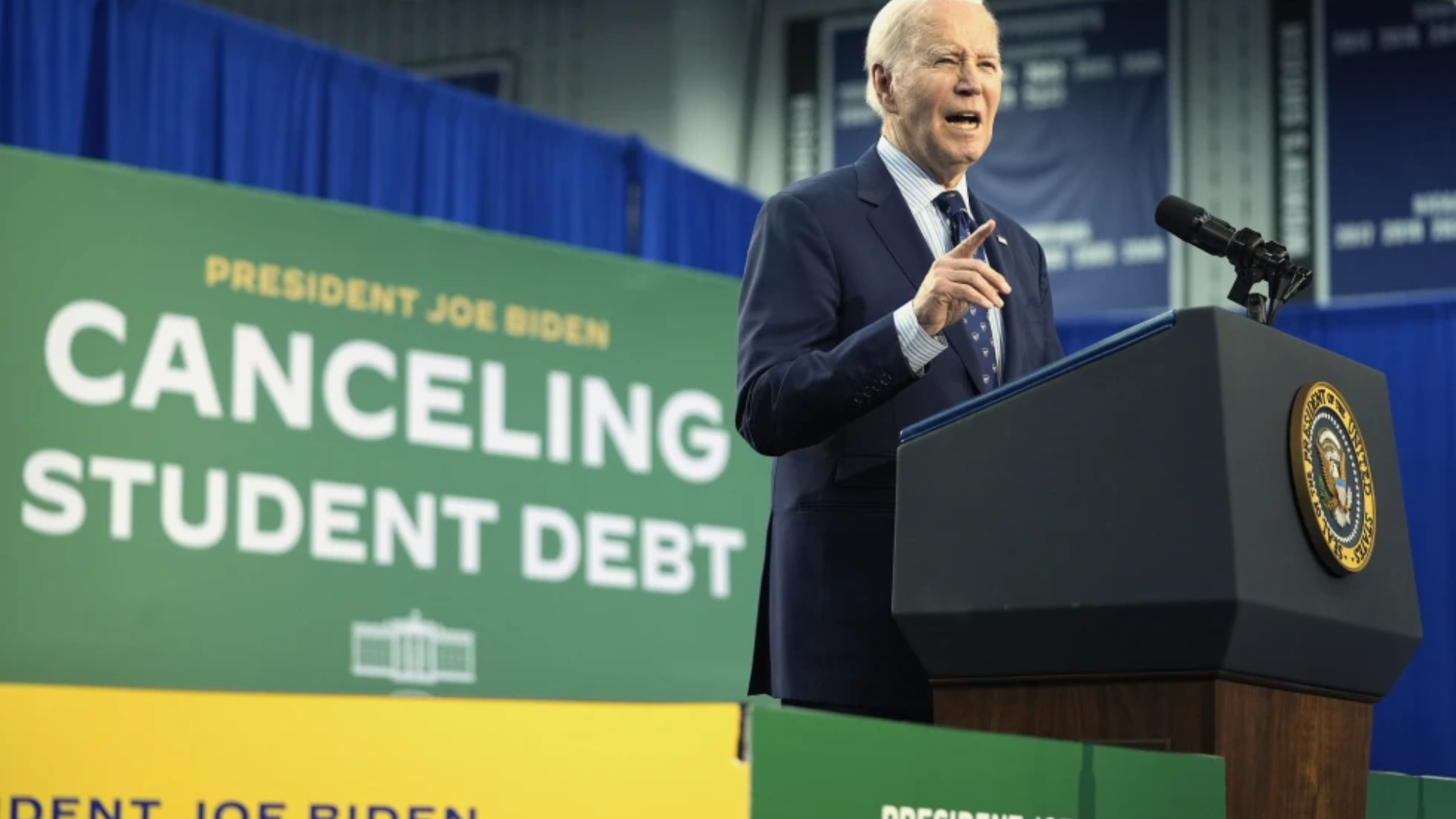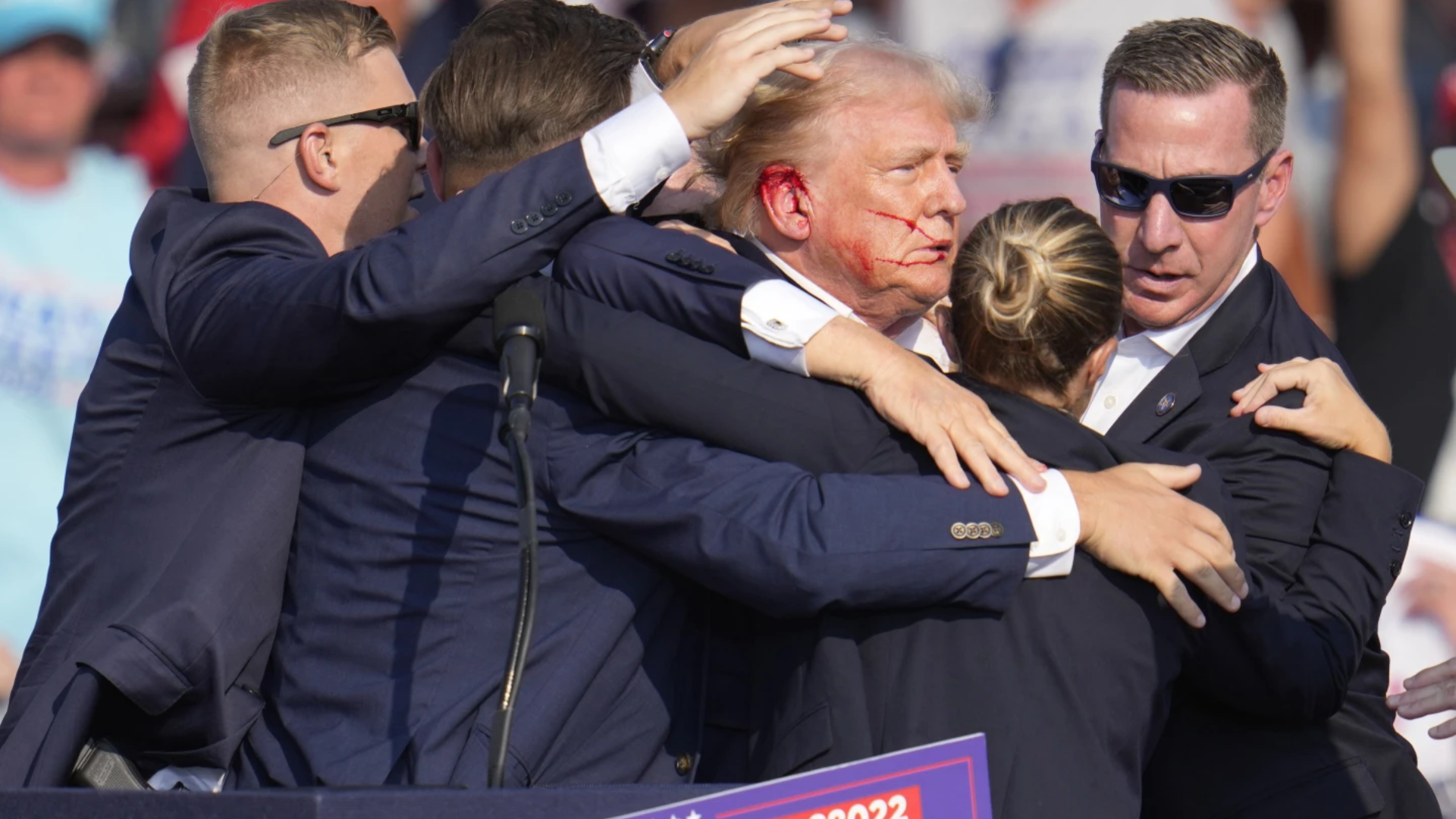VIENNA — (CNN) After long and painful negotiations, Iran and world powers have reached a potentially historic deal to curb Tehran’s nuclear activities.
What was at stake? What does the deal mean? What happens next?
Here are quick answers to some pressing questions, designed to get you up to speed on this important story:
What’s the deal in a nutshell?
Diplomats from the United States, the UK, France, China, Russia and Germany have finally completed a deal with Iran meant to prevent it from developing nuclear weapons.
In exchange for limits on its nuclear program, Iran will come out from under some economic sanctions while being allowed to continue a peaceful nuclear program.
“Under no circumstances will Iran ever seek, develop or acquire nuclear weapons,” European Union foreign policy chief Federica Mogherini said at a joint news conference Tuesday with Iran’s foreign minister.
What are the details?
The final text is still to be officially released.
But in an address from the White House, President Barack Obama said, “Today after two years of negotiation the United States together with the international community has achieved something that decades of animosity has not: a comprehensive long-term deal with Iran that will prevent it from obtaining a nuclear weapon.”
Both Obama and U.S. Secretary of State John Kerry insisted that the deal was based on verification, not trust, and that if Iran failed to keep its side of the deal, international sanctions would be reimposed against it.
There will be regular inspections of both Iranian nuclear facilities and the supply chain that supports the program, Obama said, and precautionary measures will remain in place for years. A White House webpage also spelled out how the deal would block all Iran’s “pathways to a nuclear weapon.”
Meanwhile, Iranian President Hassan Rouhani presented the deal as a win for his country, saying all four of its goals in the negotiations had been met.
He said those aims were to maintain Iran’s nuclear activities and nuclear achievements, to remove “inhumane” sanctions, to have “illegal” U.N. Security Council resolutions removed, and to ensure Iran’s nuclear file would be removed from Chapter 7 of the U.N. charter.
In contrast to Obama’s assertion that sanctions would “snap back” if Iran violated the terms of the agreement, Rouhani insisted that when the deal comes into effect, sanctions against Iran will be lifted, not suspended.
Iran’s ISNA news agency said the document — hammered out after marathon talks in Vienna, Austria — runs to 100 pages, with another five pages of annexes.
What happens next?
Now that an agreement has been forged, Obama must submit it to the U.S. Congress for review. Congress has 60 days to review the agreement, giving its opponents plenty of time to dig into the details and challenge the Obama administration’s position.
But Obama vowed to push it through, saying: “I will veto any legislation that prevents the successful implementation of this deal.”
His statement came ahead of a House Foreign Affairs Committee hearing on the Iran deal.
In Tehran, the deal will need the clear backing of Iran’s Supreme Leader, Ayatollah Ali Khamenei, to fend off any objections from hardliners suspicious of an accord with the United States after decades of tensions and mistrust.
How sanctions will be lifted has yet to be worked out as well.
What took so long?
After a round of negotiations that began in 2013, a framework agreement was reached in April. But talks since then to hammer out the final details have had to overcome many obstacles.
The biggest sticking point Monday — just as a deal seemed on the horizon — appeared to be Iran’s insistence that any agreement include the lifting of an embargo on conventional weapons and missiles, multiple sources told CNN. Russia supported that idea, but U.S. officials were opposed.
The deadline to reach a deal was technically Monday, but it had been extended before — as recently as Friday.
What was at stake?
Oh, just the security of the entire world, if you take the EU’s top diplomat, Mogherini, at her word.
The deal-making had been driven by fear of the effect that a nuclear-armed Iran would have on the already tense and frightfully complicated Middle East. The country has long been accused of sponsoring terror, and the idea of Tehran possessing nuclear weapons sends shudders through many in the West, and Israel in particular.
Israeli Prime Minister Benjamin Netanyahu has repeatedly warned of Iranian ambitions to expand its influence and annihilate Israel.
The state of Iran’s economy also hinged on a deal. Western and U.N. sanctions against Iran over its nuclear program and other issues have crippled the country’s economy.
What was proposed?
Western leaders pushed for a deal that would curb Iran’s ability to use nuclear technology to create fuel for a bomb for at least a decade. It calls for regular inspections of Iranian nuclear facilities and the supply chain that supports the program. For its part, Iran wants a quick end to economic sanctions, once the deal is signed, and a deal that protects its ability to continue developing a peaceful nuclear program.
The deal would not irrevocably prevent Iran from getting nuclear weapons. But advocates say it would make it harder to do so and put roadblocks in the way that would give world powers time to fashion a response if Iran changed course and started sprinting toward making a bomb.
According to the White House, the agreement would increase the time Iran needs to acquire enough highly enriched uranium for a nuclear weapon from just 2-3 months to a year.
Will it affect gas prices?
Absolutely. Crude prices fell by as much as 2.3% to $50.98 a barrel as investors reacted to the freshly inked deal. Experts have warned that the deal could lead to a flood of new oil from Iran — the country has 30 millions of barrels of crude in storage and ready for sale, according to FACTS Global Energy, an industry consultancy.
Will it affect gas prices?
Absolutely. Crude prices fell by as much as 2.3% to $50.98 a barrel as investors reacted to the freshly-inked deal. Experts have warned that the deal could lead to a flood of new oil supply from Iran — the country has 30 millions of barrels of crude in storage and ready for sale, according to FACTS Global Energy, an industry consultancy.
How did we get here?
Talks began after the 2013 election of Hassan, Iran’s reformist President. He seemed open to warmer ties with the West and said he would work to end international sanctions.
He welcomed the deal in a live address Tuesday to the nation, saying: “Negotiators have reached a good agreement and I announce to our people that our prayers have come true.”
Earlier, he tweeted that the deal “shows constructive engagement works” and that “with this unnecessary crisis resolved, new horizons emerge with a focus on shared challenges.”
Even before 2013, Obama had said, as a presidential candidate in 2007, that he would be open to talks with Iran on the country’s nuclear program.
Discussions in November 2013 led to an interim deal called the Joint Plan of Action that offered some sanctions relief in exchange for curbs on Iran’s nuclear program pending further talks toward a permanent solution.
International inspectors say Iran has complied with the terms of that interim agreement, but it’s only now that agreement on the broader, longer-lasting deal has been reached.
Who’s been in favor of a deal?
Iranian negotiators very much want to get out from under economic sanctions that are choking their country’s economy. International sanctions have roughly cut in half Iran’s oil exports and caused its economy to contract by 5% in 2013, according to the U.S. Institute for Peace.
“I believe this is a historic moment,” Iranian Foreign Minister Mohammad Javad Zarif said after news of the deal, although he cautioned that it was “not perfect.”
He added, “Today could have been the end of hope on this issue, but now we are starting a new chapter of hope.”
Leaders of the Western nations involved in the negotiations also favored a deal as the best way to block Iran from becoming a nuclear power.
The European Commission tweeted Tuesday: “The decision we are going to take is much more than a nuclear deal. It can open a new chapter.”
Who’s opposed?
Congressional Republicans have been particularly vocal critics, saying the deal is a losing proposition for the United States and its allies. Saudi Arabia is concerned about the boost it could give Iran, its regional rival.
“This agreement is a historic mistake for the world,” Netanyahu said Tuesday. The Israeli Prime Minister has previously said the deal “will pave Iran’s path to a nuclear arsenal.”
Hardline clerics in Iran are also likely to oppose any deal that imposes restrictions on what they see as Iran’s right to a nuclear program.
The-CNN-Wire ™ & © 2015 Cable News Network, Inc., a Time Warner Company. All rights reserved. (PHOTO: Wikipedia)








